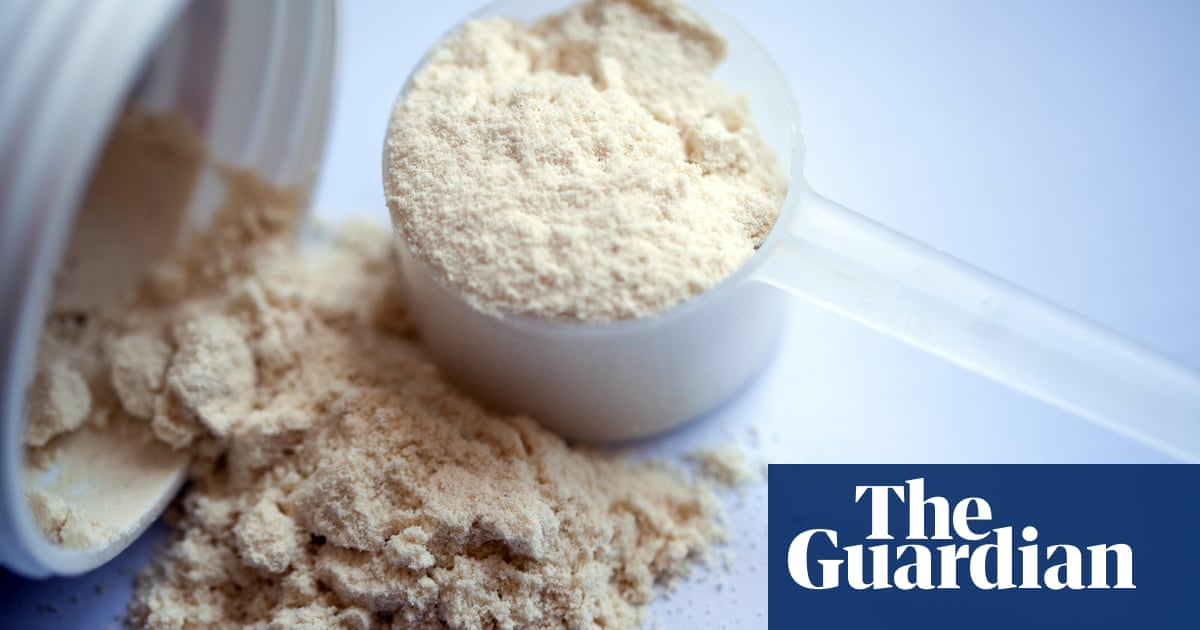Sport supplements promise to build muscle, energise workouts and even unlock human potential but their risk has been revealed by researchers who have found more than one in three contains substances prohibited by the World Anti-Doping Agency, many of which are not listed among ingredients.
A Sport Integrity Australia-commissioned survey carried out by Human and Supplements Testing Australia tested 200 supplements available in Australia and found 35% contained Wada-prohibited substances which, if found during testing of an elite athlete, would result in a suspension from competition.
Wada describes its prohibited list as any substance that satisfies two of the three criteria: it has the potential to enhance or enhances sport performance, it represents an actual or potential health risk to the athlete, or it violates the spirit of sport.
The report recommends athlete education around sports supplements and enforcement action on products that showed high levels of illegal stimulants.
“An athlete purchasing an uncertified product online has a one-in-three chance that the product contains a Wada prohibited substance,” the report states. “This survey shows that the risk of using a non-certified sports supplement product remains high.”
Researchers found one product marketed as a “muscle builder” contained low levels of ostarine, which usually requires a prescription. In the same product, traces of the drug 1,4-dimethylpentylamine were also found, which is prohibited for sale, supply or use in Australia.
The proportion of tested products marketed as fat burners (49%) and muscle builders (53%) were more likely than other categories to contain Wada-prohibited substances.
Sport Integrity Australia’s chief science officer Dr Naomi Speers said athletes need to understand using supplements “always carries risk” and products pitched at fat burning, muscle burning or pre-workout are “particularly risky”.
The report noted the majority of substances detected were naturally occurring compounds and only two of the products contained high levels of synthetic stimulants.
But the research also shows athletes cannot rely on the accuracy of the list of ingredients – 57% of the products that contained Wada-prohibited substances did not have them labelled as ingredients on the packaging or website.
after newsletter promotion
The Australian Institute of Sport has published a position statement on sport supplements, saying “some supplements and sports foods can play a small but valuable role in [a sports nutrition] plan”.
“The use of supplements and sports foods involves a balance between the potential rewards (its contribution to an evidence based sports nutrition plan) and potential risks (e.g. health concerns, anti-doping rule violations, misplaced priorities),” it states.
The report advises athletes concerned about the risk of testing positive for a banned substance should only use products that have been independently tested.
